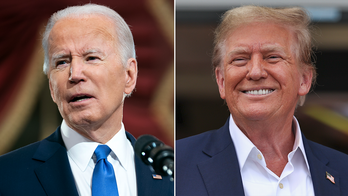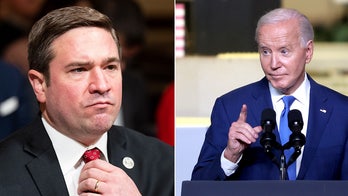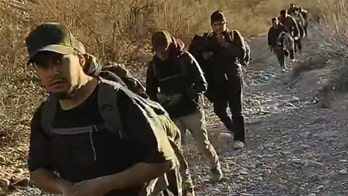After a 10 year hiatus, the United States on Thursday, led by Secretary of State Hillary Clinton, rejoined a biennial conference designed to muster support for the treaty that bans all nuclear bomb tests.
The U.S.' recommitment to the Comprehensive Test Ban Treaty, or CTBT, was characterized as an "historic point" by State Department officials, and was praised by U.N. Secretary-General Ban Ki-moon.
"The participation of the United States led by Secretary of State Clinton for the first time demonstrates the commitment of the United States to work toward its ratification of the treaty," he said.
The two-day conference, and the U.S. participation, highlights President Obama's commitment to the issue of nuclear nonproliferation and disarmament. Thursday morning, Obama chaired a summit with U.N. Security Council members on the topic, where the group voted unanimously in support of a resolution on non proliferation.
"This is part of a deliberative, ongoing effort by the Obama administration to enhance our common security while moving us closer to ... a world without nuclear weapons," Clinton said. "The Comprehensive Nuclear Test Ban Treaty is an integral part of our non-proliferation and arms control agenda, and we will work in the months ahead both to seek the advice and consent of the United States Senate to ratify the treaty, and to secure ratification by others so that the treaty can enter into force."
It's been 13 years since Clinton's husband, then-President Bill Clinton, signed the treaty. It was rejected by the Senate just three years later when opponents raised concerns over the need to test weapons to ensure the reliability of the nuclear stockpile, and that a proposed International Monitoring System might fail to detect secret tests by nuclear cheaters.
Clinton sought to assure the naysayers with cautionary warnings. "As long as we are confronted with the prospect of nuclear testing by others, we will face the potential threat of newer, more powerful, and more sophisticated weapons that could cause damage beyond our imagination. A test ban treaty that has entered into force will permit the United States and others to challenge states engaged in suspicious testing activities, including the option of calling on-site inspections to be sure that no testing occurs on land, underground, underwater or in space. CTBT ratification would also encourage the international community to move forward with other essential nonproliferation steps."




